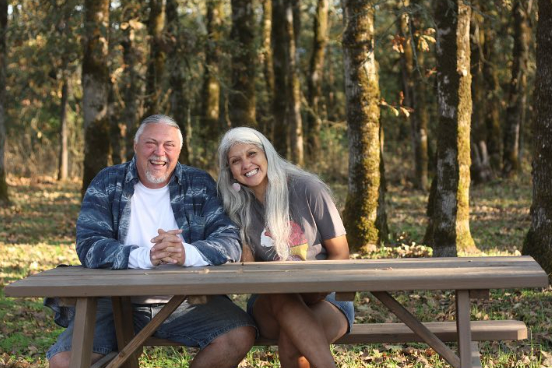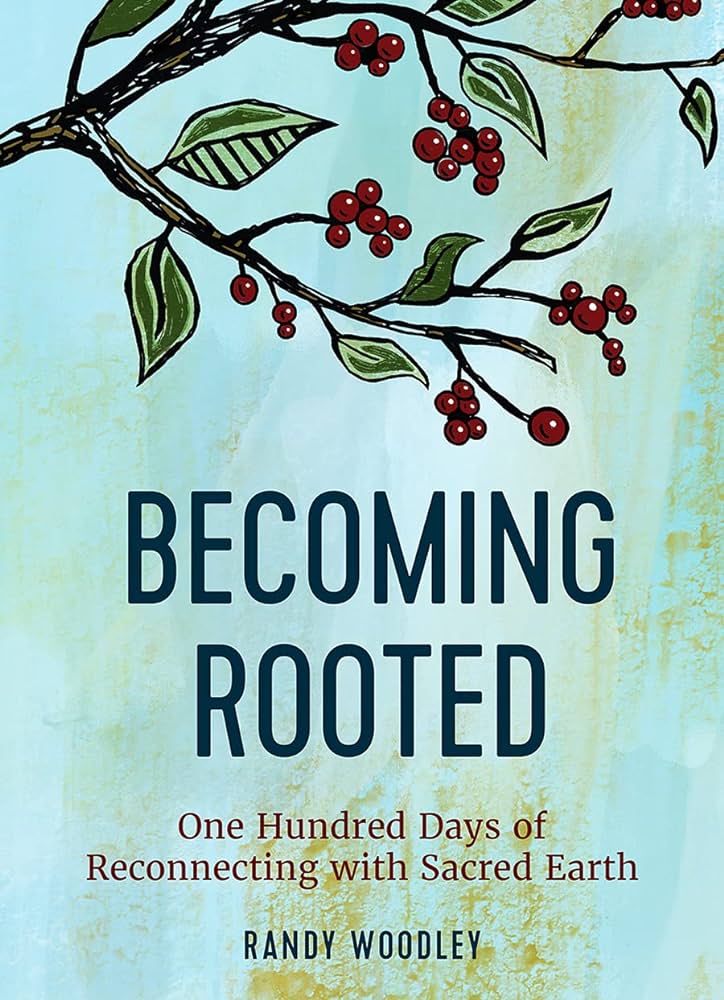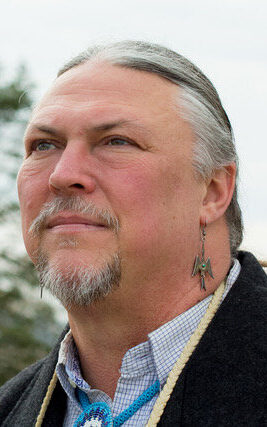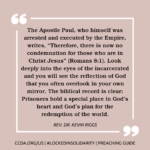


By Dr. Randy Woodley, an excerpt from his book Becoming Rooted: One Hundred Days of Reconnecting with Sacred Earth
The harmony way is a way of living that undergirds all of Native American history, religion, traditions, ceremonies, stories, philosophy, and relationships. Referred to by different names among the various tribal nations, the harmony way is planted firmly within an Indigenous worldview. According to a set of values that are interconnected, the way of harmony and balance encompasses both being and doing and is applied to all of life. The harmony way is a meaningful whole.
Harmonious and reconciled relations with others result when a deep respect characterizes those relationships. The wisdom of Indigenous traditions and stories emphasizes the importance of restoring the relationships that exist among Creator, humans, animals, and the Earth—what I call the community of creation. One of the principle values found within the way of harmony is generosity, often expressed through hospitality. Other values include respect for everything and a lifestyle of gratitude, especially to the Earth, which produces well and in abundance.
A society with harmony-way values cares for the most marginalized—for the poor and needy—because how we treat those who are most in need reveals the heart of who we are. Such a society will protect Mother Earth, our source of life, at every turn.
The harmony way is meant to be both personal (emphasizing our relationships with other beings) and structural (replacing unjust systems where harmony has been broken). To create a society based on the harmony way means the old structures and systems will need to be replaced with new structures and systems.
The expectation for all creation to live in harmony has been developed by America’s Indigenous peoples over thousands of years. Harmony is the way of nature and, by design, the way of Creator. Creator expects us to reshape the world we know into the world intended for all creation to live well together.
Today, both people and nature have great needs. What can you do today to extend hospitality to the community of creation on a personal or a structural level?
Find more devotionals in Dr. Woodley’s book here.

About Dr. Randy Woodley

Dr. Woodley addresses a variety of issues concerning American culture, faith, justice, race, our relationship with the earth, and Indigenous realities. He recently retired as Distinguished Professor of Faith and Culture and Director of Intercultural and Indigenous Studies at Portland Seminary, Portland Oregon. His expertise has been sought in national venues as diverse as Time Magazine, The New York Times, Politifact, Christianity Today, The Huffington Post, and Planet Drum: A Voice for Bioregional, Sustainability, Education, and Culture. Randy identifies strongly with issues of eco-justice, diversity, and racial justice. He has found the sweet spot of sharing difficult truths, in the spirit of love and acceptance through his teachings and writings. Randy’s authentic and timely messages dig to the root of our own imbalanced and unjust systems in an effort to restore us all to ways of harmony.
Dr. Woodley earned a Ph.D. in Intercultural Studies and remains active in ongoing discussions in a variety of areas concerning spirituality, earth-care, racial and ethnic identity, diversity, peace, social justice, eco-justice, interreligious dialogue, Indigenous studies, agriculture, and spirituality. A former member of the Oregon Dept. of Education, American Indian/Alaska Native Advisory Board, Dr. Woodley has taught for Cook Indian School, at Bacone Indian College, and was a founding board member of NAIITS, the North American Institute for Indigenous Theological Studies. Dr. Woodley was co-founder and Program Director of the NAIITS/George Fox Master of Arts Intercultural Studies degree. Raised in the mean streets near Detroit, Michigan, he was a first-generation college student, and maternally, a first-generation non-coal miner. During his academic career, Randy attained the rank of both tenured and distinguished professor while at George Fox University.
Randy was raised in a section of Ypsilanti called Willow Run, and later moved to Saline, Michigan. He spent several summers on his uncle’s ranch in Oklahoma, a lifestyle he would later cherish and personalize. He is recognized as a Cherokee descendant by the United Keetoowah Band of Cherokee Indians.
Randy and his wife Edith, are the founders of Eloheh Indigenous Center for Earth Justice and Eloheh Farm & Seeds. Through Eloheh they invite people to a new relationship with Creation and model sustainable farming practices and Earth justice. You can learn more about their work here. And more about their Cultural Consultant work at Sho-Kee here.





